Eco Baltia vide invests EUR 2.3 million in the development of two construction waste sorting and recycling sites
LLC (SIA) Eco Baltia vide, the company of the largest environmental resource management group in the Baltics JSC (AS) Eco Baltia, invests EUR 2.3 million in the construction and equipping of two construction waste sorting and recycling sites. The sites will be located in the Latvia – Pierīga Region (Rumbula) and Liepāja, and are scheduled to open this spring. The investment aims to consolidate the company’s commitment to the circular economy by reducing the amount of construction waste generated and ensuring reusing thereof.
The planned area of the construction waste sorting and recycling site in Pierīga Region is 3 ha out of a total land area of 4 ha. Its capacity will allow for the daily reception of around 50 tonnes of various types of construction and bulky construction waste (concrete, cement, reinforced concrete structures, tiles, ceramic and plaster materials, bricks, timber materials, etc.) primarily from the regions managed by Eco Baltia vide. In the first year, the anticipated volume of construction waste to be handled is expected to exceed 12 600 tonnes.
One of the advantages of this site is its multi-stage recycling technology. Pre-sorting will be carried out on two levels: larger items (over 50 cm in diameter) will be separated by tractor, while smaller items will be manually separated and sent to automated equipment for further shredding. The shredded items will be sieved and then directed to two cabins. In each booth, 4-6 people will sort the recycled material into different fractions such as wood, plasterboard, metal, cardboard, glass, rigid plastic, etc. and perform a final quality control to ensure as much high-quality material as possible. The acquired materials, including cardboard or plastic, are intended for recycling, while the processed construction materials will be employed for road construction and building activities. The site will employ a total of 16 people.
Jānis Aizbalts, the Chairman of the Board of the Eco Baltia vide informs: “With the expansion of the construction industry comes a corresponding increase in waste production. However, the willingness of residents to separate construction waste is not increasing significantly, so a mutual contribution becomes crucial. It is up to individuals to dispose of all types of construction waste responsibly, and for the industry to find new and innovative solutions to promote the efficient reuse and recycling of resources. One way to achieve this is through process automation. Our projections show that around 85% of the extracted materials, which in fact make up almost the entire Mendeleev Table, will become valuable resources, as opposed to the risk of being disposed of in landfills, causing significant damage to the environment and to ourselves.”
The construction waste sorting site in Liepāja at 11 Ezermalas Streetwill cover the territory of 140 m2. All types of construction waste will be transported from Eco Baltia vide management regions in Southern Kurzeme, such as Liepāja, Grobiņa and other cities. The capacity is planned to gradually increase to 2 400 tonnes per year. The pre-sorting of construction waste will be carried out both by tractor and by hand, employing 3-4 people in total. It is planned to extend the acceptance of construction waste from other customers on request, targeting the development of construction waste management as an important business area.
The European Union requires its Member States to reduce the amount of waste going to landfill to 10% by 2035. Currently, about half of the municipal waste generated each year in Latvia is landfilled. In Europe, the figure was half that in 2020 – 23%, indicating the need to accelerate the implementation of the Green Deal policy, both by strengthening recycling capacity and by ensuring that sorting is as accessible as possible to everyone in Latvia at the point of generation*.
* Report from the European Commission to the European Parliament, the Council, the European Economic and Social Committee and the Committee of the Regions.
12.02.2024.

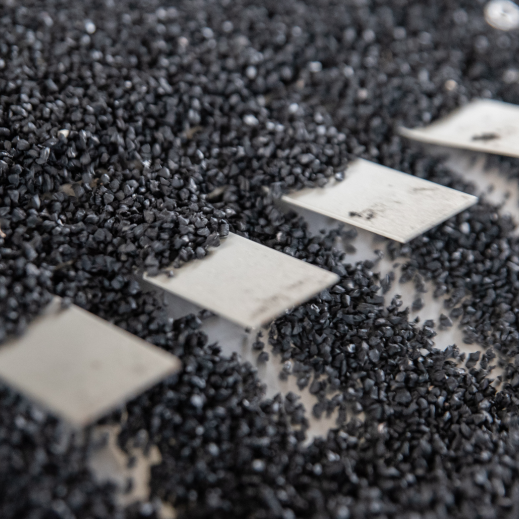
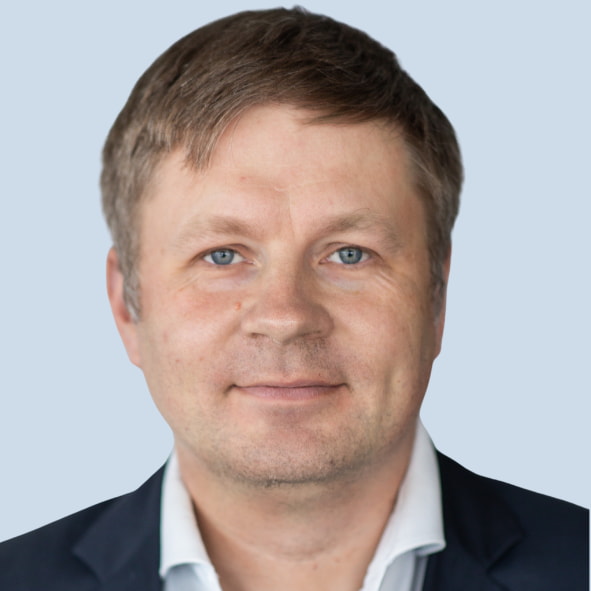 Vytautas Plunksnis
Vytautas Plunksnis  Deimantė Korsakaitė
Deimantė Korsakaitė 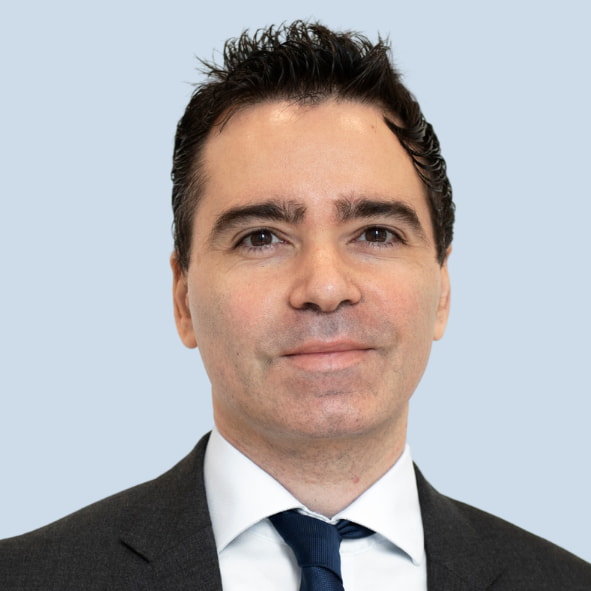 Alberto Atienza Güell
Alberto Atienza Güell 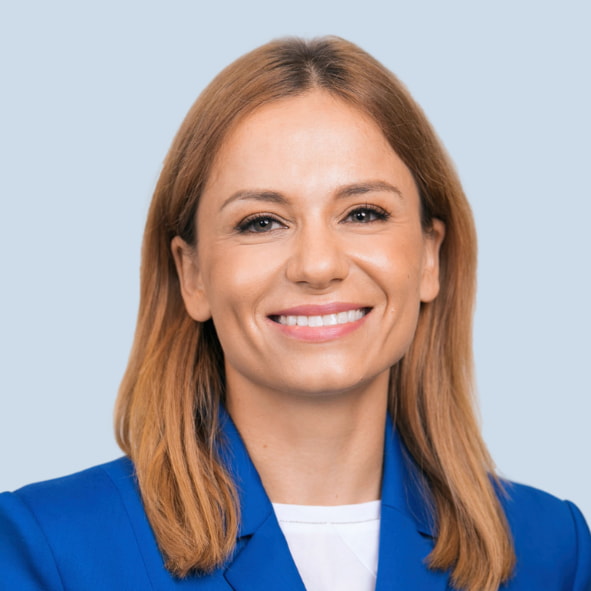 Jurgita Petrauskienė
Jurgita Petrauskienė 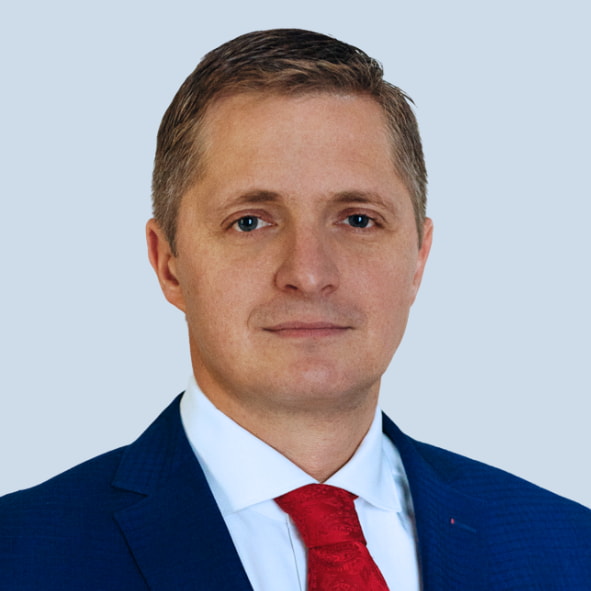 Gints Pucēns
Gints Pucēns 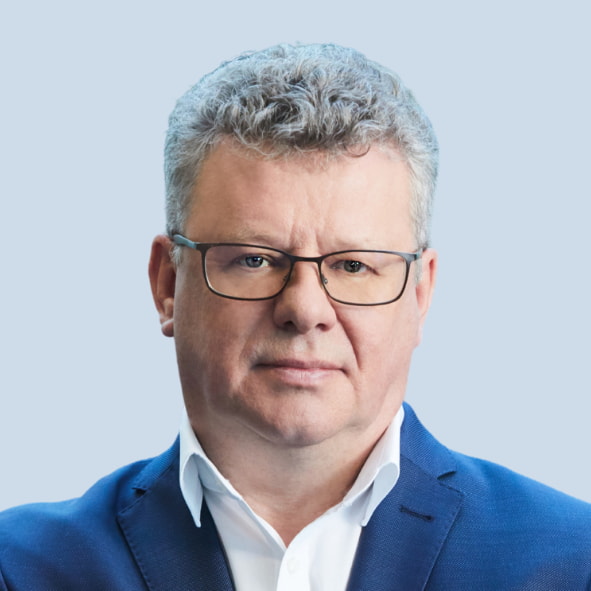 Algimantas Markauskas
Algimantas Markauskas 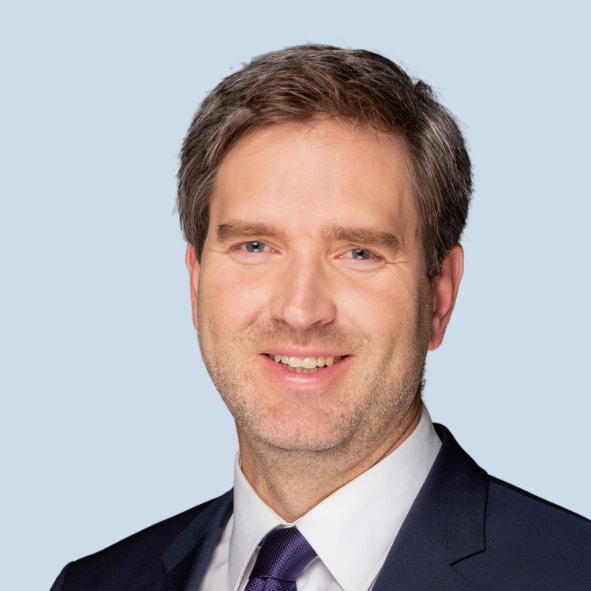 Māris Simanovičs
Māris Simanovičs 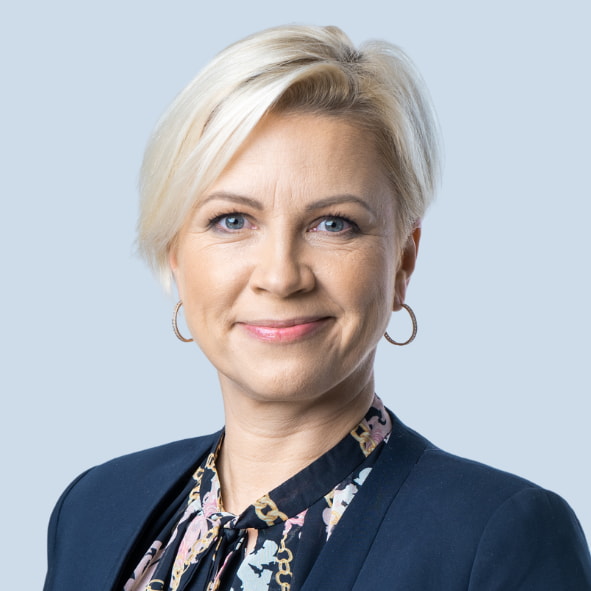 Santa Spūle
Santa Spūle 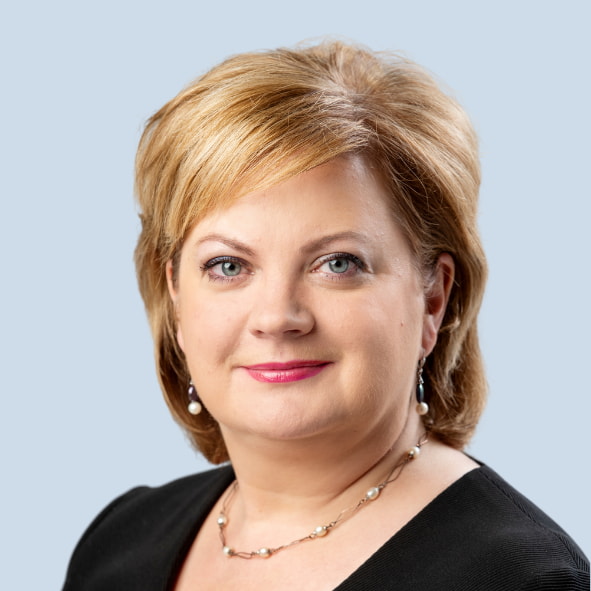 Sigita Namatēva
Sigita Namatēva  Saulius Budrevičius
Saulius Budrevičius 